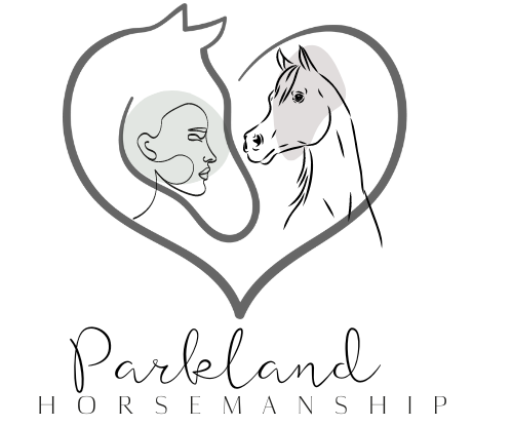Horses have long been used to help ease human anxiety and decrease stress levels, and this article examines why their powers of tranquility extend into various contexts of learning and healing.
Equine-assisted learning (EAL) is an experiential approach designed to foster life skills development for personal and professional goals. Sessions facilitated by certified Equine Specialists from PATH Intl facilitate EAL sessions.
1. Connection
Horses are well-known for their strong herd instincts and teaching ability, helping people feel more at ease in social settings while developing communication skills and confidence.
Studies have demonstrated that horses form deep relationships with their human handlers that last a lifetime. These bonds form through interactions such as proximity seeking and mutual grooming.
Equine-assisted learning (EAL) is an experiential therapy approach designed to teach people essential social and life skills in a non-threatening setting. Unlike traditional therapeutic settings, EAL sessions are led by trained facilitators who do not hold licensed mental health provider credentials but instead possess credentials from PATH International for working with both humans and horses.
2. Self-awareness
Our horses are sensitive to human body language and how our energy impacts others, helping participants gain greater self-awareness. This offers participants an incredible opportunity for personal growth.
Children who have been through trauma often become inhibited or lack spontaneity; Equine therapy and activities help restore this spontaneity, creativity, and playfulness.
One teen participant of this program reports that her horse taught her the value of forgiveness and trusting people more fully, an invaluable lesson considering she previously struggled to trust people in relationships or school life. Thanks to the horse, this individual began healing those issues immediately!
3. Self-regulation
Horses offer participants a powerful mirroring of human emotions and behavior, helping them gain a deeper insight into their responses to trauma. Our clients can also learn to better manage stress levels while creating effective coping mechanisms that empower them to take charge of their own recovery journey.
Interacting with horses promotes the development of executive functioning skills like initiating, inhibiting and task maintenance/completion. Research shows that equine-assisted coaching improves self-regulation, self-awareness and communication abilities among those experiencing social-emotional challenges.
Individuals often feel rejuvenated as they practice mindfulness and develop new skills, leading to increased self-esteem, confidence, and a stronger sense of themselves.
4. Empathy
Working alongside an attractive yet powerful animal fosters empathy and self-assurance in its participants. Participants develop horsemanship skills as well as taking part in activities designed to teach respect, boundaries, relationships, communication and socialization with their equine companions.
Learning to read horses’ signals increases an individual’s sensitivity to body language and unspoken cues in human interactions, providing invaluable practice for work environments as well as personal relationships. Furthermore, participating in such exercises encourages participants to be aware of their energy outputs and how it impacts those around them; further encouraging mindfulness practice which leads to gratitude – helping shift negative emotions such as anger anxiety or depression away.
5. Self-confidence
Learning to work alongside and control an aggressive animal can be an excellent way to build self-esteem in girls – particularly since animals provide such powerful emotional support.
Anxiety often keeps us from leaving their comfort zones. Working with horses – sensitive creatures who understand body language and emotions – provides an ideal opportunity to practice vulnerability safely.
Even though perceived social support, self-esteem, and general self-efficacy all correlated with improved horsemanship during the intervention, only social support was linked with greater mastery of relational and task-specific skills with the animal.
6. Communication
Horses offer direct feedback that’s unfiltered by humans therapists; their responses are quick, nonjudgmental, and authentic – making them the ideal partner for anyone wanting to improve communication and trust with others.
Group Equine-Assisted Learning sessions allow participants to partner with a PATH International Certified Equine Specialist who designs lessons tailored specifically to their social and emotional needs, using the horse’s instinctive behaviors and horsemanship techniques as guides. Lessons may cover leadership development, team-building exercises or communication among others.
Our CLASS residents have seen dramatic transformation in both their self-confidence and relationships through participation in equine-assisted learning, which we’re delighted to see spreading throughout our community. We can only look forward to witnessing how far this transformative journey reaches!

